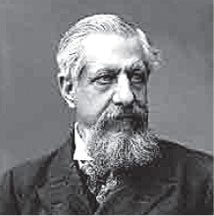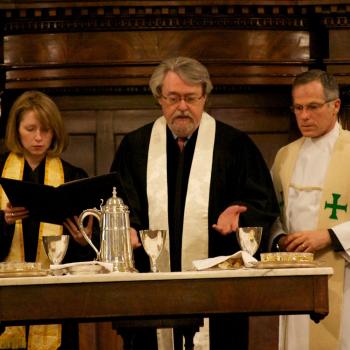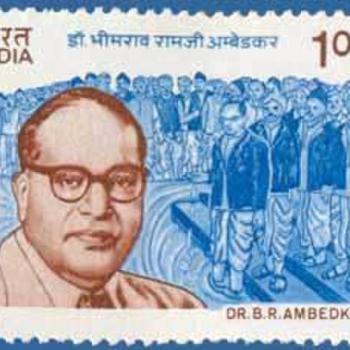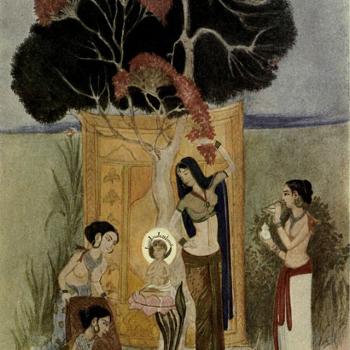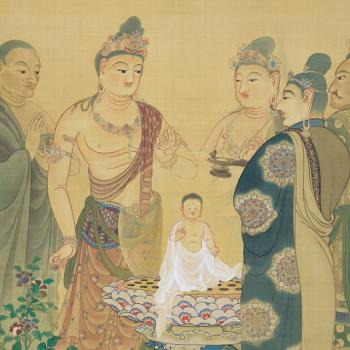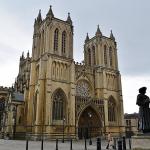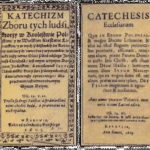Edwin Arnold was born on this day, the 10th of June, 1832 at Kent, in England. A graduate of University College, Oxford, his early promise as a poet won him the 1852 Newdigate prize.
Upon graduation Arnold became a schoolmaster. After a few years serving in England he accepted a position as principal at the Government Sanskrit College in Poona, India. Arnold was there for seven years, which included the great mutiny of 1857. He returned to England, working as a journalist for the Daily Telegraph. He would stay with the Telegraph for forty years, eventually rising to editor-in-chief.
Arnold would mostly be remembered as a travel writer and poet. His essays collected in 1892 as Japonica were wildly popular. His first two wives pre-deceased him. His third wife Tama Kurokawa was at the time the only Japanese national to hold an English title. He was deeply interested not only in Asia, but also in Eastern religions. He would become one of the first Westerners to throw himself into the project of reclaiming and restoring Bodh Gaya, the site of the Buddha’s great awakening.
Arnold’s great project was a blank verse poem based loosely on the Lalitavistara Sutra. It ran for forty-one thousand words and was composed in eight volumes and published in 1879 as the Light of Asia: the Great Renunciation. (Here’s a copy of the poem, which also include an mp3 of a reading of the text.)
The Light of Asia was an instant success and would capture the English speaking imagination. It would be reprinted numerous times in England and the United States. The best estimate I could find was sixty editions in England and another eighty in the US. The Light has also been translated into many languages, including Hindi. But, most importantly, it is generally credited as the first book to bring the life and teachings of Gautama Siddhartha broadly to the attention of the English speaking public.
The Buddhism in the poem is riddled with small and larger errors. Some of them through ignorance of the larger picture of Buddhism, some reflecting his own proto-modernist take on Buddhism. However, no one has challenged Arnold’s good faith in undertaking the project. In fact he is widely acknowledged (along with various corrections of fact and tradition) for the positive light he cast on Buddhism.
And this is particularly important to note. For many English speaking people the Light of Asia would be the first example of their being presented with a non Christian religion that not only is not defective, but extremely positive. Arnold’s presentation of Buddhism is clearly of a noble and beautiful tradition containing a high ethic. In fact the Light would become a common trope of non Christian spiritual wisdom. An illustration cited at the Wikipedia article on Arnold notes how in the 1945 movie adaptation of the Picture of Forian Gray, a friend witnessing Gray’s descent into depravity tries to dissuade him by presenting him with a copy of the poem.
Edwin Arnold received numerous acknowledgments during his lifetime, culminating, with his knighthood in 1888 from Queen Victoria.


